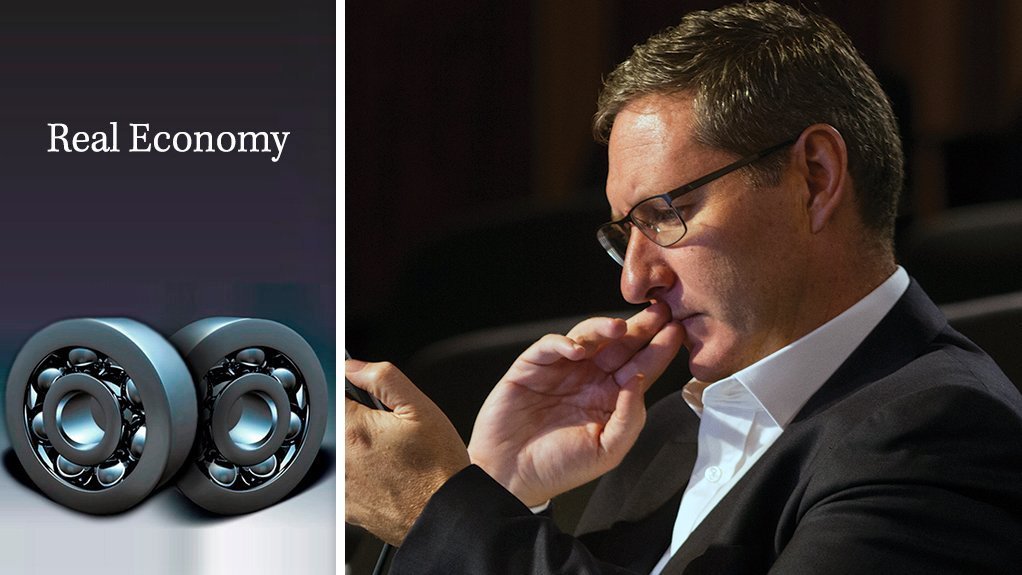During a recent energy event, Andy Calitz, who has bravely put his hand up for the vacant post of Eskom CEO, indicated that one of his major impressions since returning to South Africa, following an absence of over two decades, is that domestic executives and policymakers have not yet fully grasped the centrality of climate change to each and every energy-related decision they might make.
After leaving Eskom, Calitz worked for energy companies and on energy projects across six continents. During that period, he witnessed first-hand the growing influence of climate policy, as well as the unfolding energy transition, on governments, companies and projects. “Climate change is now the first criterion listed when decisions are taken in boardrooms and it is the first criterion listed as to what is going to have to be dealt with in the national energy policy.”
Without question, if climate change was a core issue domestically, South Africa would never be contemplating the building of yet another coal-fired power station.
Be that as it may, South Africa shouldn’t be considering any new coal-fired power stations for a host of other reasons.
Firstly, the country’s energy system (both power and transport) is already disproportionately skewed towards coal, with about 90% of the country’s electricity being derived from coal and a good portion of its motor fuel too.
Secondly, the commercial proposition is collapsing, as can be seen from the fall in new builds globally and the rapid retreat of bankers from the financing of new coal projects.
Thirdly, the negative health effects of air pollution are not only devastating on a personal level but also increasingly costly economically.
Then there are the other harmful environmental consequences, which range from acid-mine drainage and land degradation to the diversion of massive amounts of precious water for electricity production.
Lastly and most importantly, coal is simply no longer South Africa’s cheapest option, which means building new coal will further undermine the competitiveness of businesses generally and energy-intensive companies specifically – this, even without the added, and increasingly inevitable, pressure of carbon pricing.
Hence, even without climate policy dictating the pace, it is simply astounding that government intends including scope for new coal in the future mix.
At the time of writing, the long-awaited Integrated Resource Plan (IRP) update had not been published. That may have changed. What is unlikely to have changed, however, is the inclusion of at least 1 000 MW, probably more, of new coal.
The inclusion arises primarily from the fact that government still lacks a coherent vision and strategy for the energy sector broadly and the electricity sector more specifically. This is itself astounding, given the central role that electricity – both the availability and price thereof – has played in the underperformance of the economy and in the weakening of government’s fiscal position.
In the absence of a vision and strategy, government is unable to direct the vested interests through policy. Instead, the vested interests are allowed to direct policy.
As a result, the tail has wagged the dog and the drafting of the IRP became something akin to a negotiated settlement, rather than a way of ensuring that electricity is a driver of economic and industrial competitiveness.
EMAIL THIS ARTICLE SAVE THIS ARTICLE ARTICLE ENQUIRY
To subscribe email subscriptions@creamermedia.co.za or click here
To advertise email advertising@creamermedia.co.za or click here











